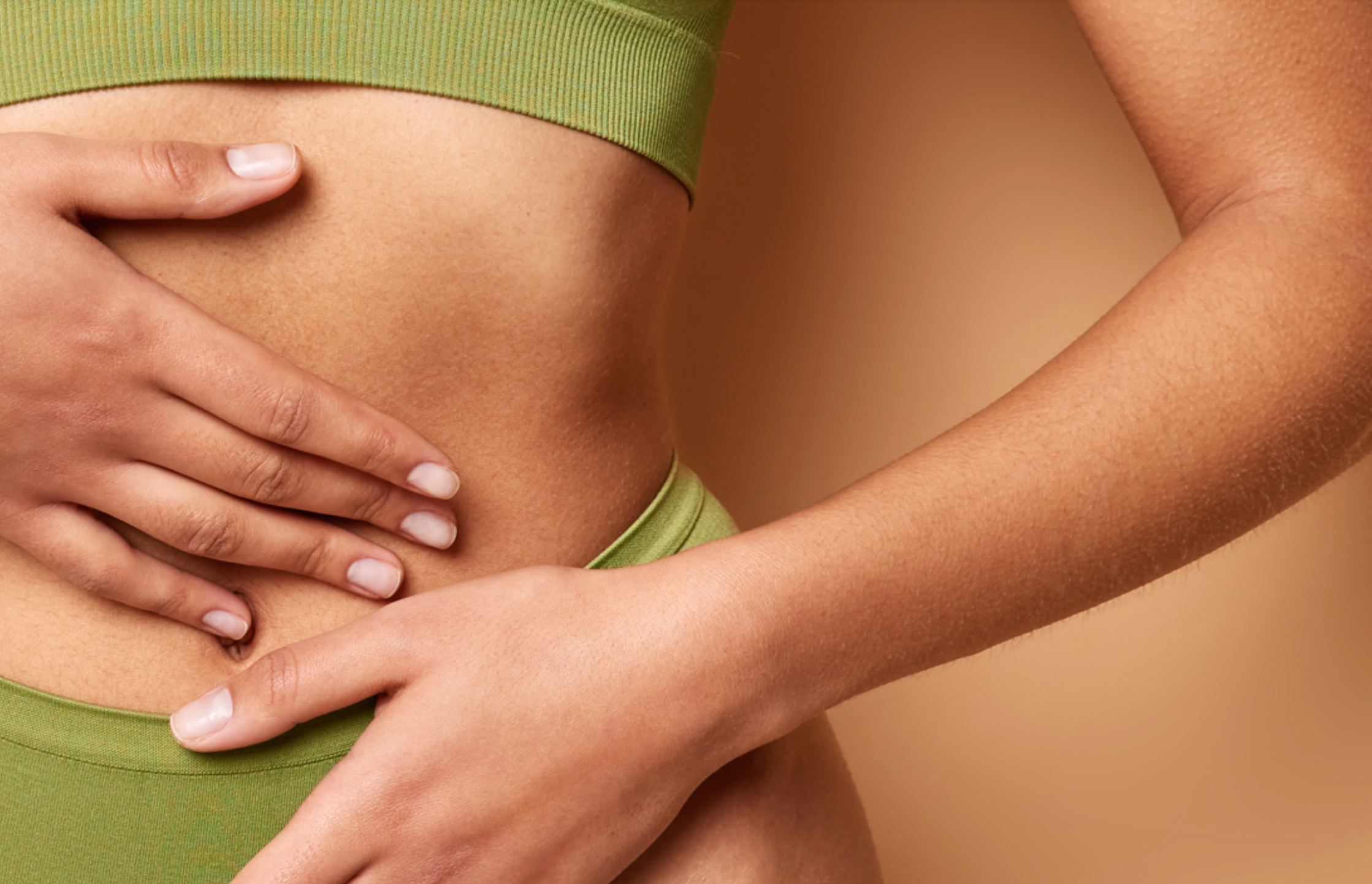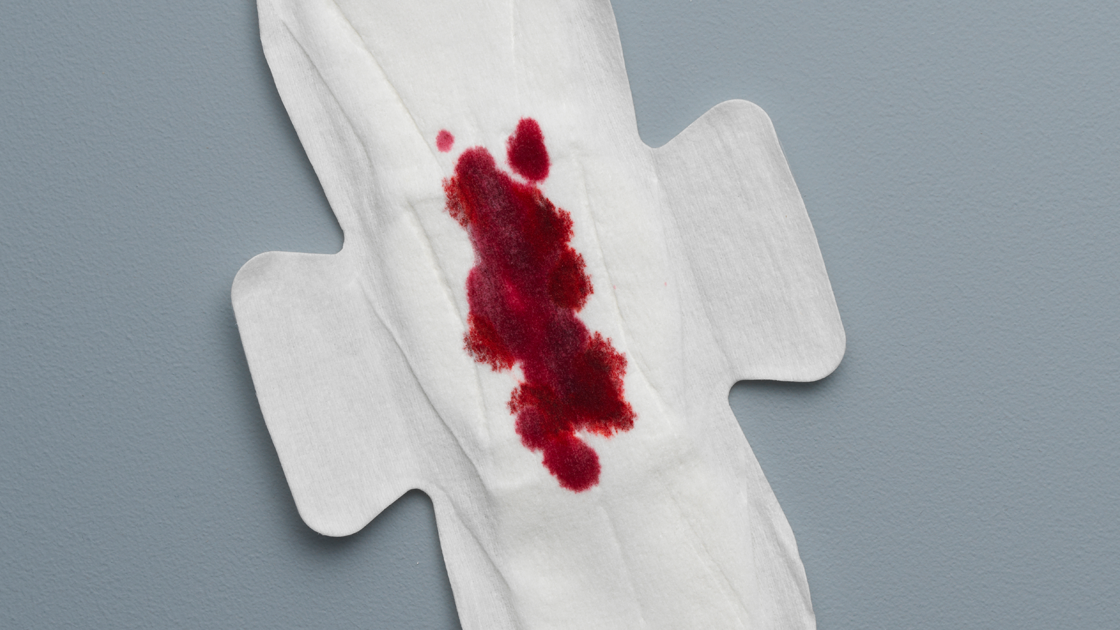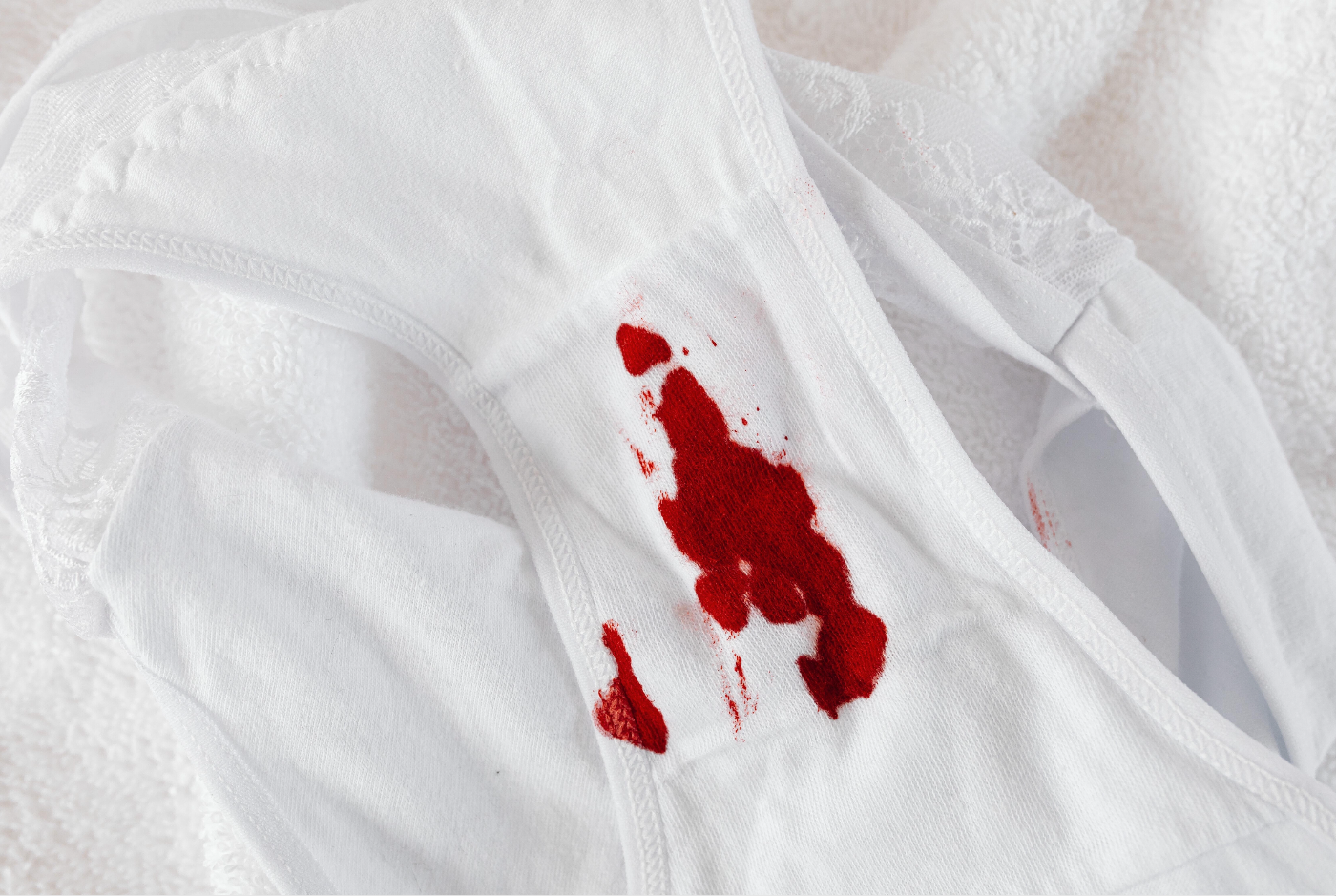In a nutshell, there isn’t a one size fits all answer to this question. There are many factors that can affect when you get your first period, such as genetics, weight, overall health and ethnicity. However, there are a number of signifiers and ways you can prepare for your first period that we’ll take you through in this blog with the help of obstetrics and gynaecology doctor, Dr Emily.
In this article we’ll be covering:
- When will I get my first period?
- How to know when your first period is coming?
- How to prepare for your first period
When will I get my first period?
The age at which people start menstruating can vary widely. On average, most begin their periods between the ages of 11 and 14, with 12 years old being the average age of menarche (first period) in the UK as Dr Emily explains. But it’s essential to remember that everyone's journey is unique. Some may experience their first period as early as 8 years old, while others may not start until they are 16 or older. As each person's body develops at its own pace, so don’t worry about comparing yourself to what others are experiencing! We’re all different, and that’s okay.
How to Know When Your First Period Is Coming
While the exact timing of your first period may be unpredictable, your body often gives signs that it’s preparing for this change. Periods are a part of puberty and come with a number of other changes, here are a few indicators that your first period may be approaching:
Breast development: Growth of breasts is an early indication that menstruation may not be far off.
Growth spurt: During puberty, many individuals experience a growth spurt. If you notice a sudden increase in height or shoe size, it may be a sign that your period is on its way.
Pubic hair growth: The growth of pubic hair is another signal that your body is entering the stages of puberty, often occurring before the onset of menstruation.
Vaginal discharge: Before your first period, you may notice an increase in vaginal discharge. This discharge is typically clear or white and may occur for several months before menstruation begins.
How to Prepare for Your First Period
Preparing for your first period will help alleviate any anxiety or confusion. As Dr Emily explains, initially, your period may not be regular and can take several months to establish a routine pattern. It can be helpful to make a record of this using your phone or diary, on a calendar or a period tracking app. This can help you to plan ahead, take care of yourself and start to learn what to expect at different stages of your cycle. Some people may experience premenstrual symptoms (PMS). These can include feeling tired, bloated, irritable, having sore breasts or mood swings and food cravings. Here are some steps you may want to consider to help prepare for your first period:
Education and resources: Familiarise yourself with information about menstruation. Books, websites, and resources like this blog can provide valuable insights into what to expect, how to manage your period, and sustainable period care options.
Talk to a trusted adult: Openly discuss menstruation with a trusted adult, such as a parent, guardian, or school nurse. They can provide guidance, answer questions, and offer support during this transition. Dr Emily suggests asking someone you trust to help you select the right period product for you – everyone is different and there are many to choose from!
Period supplies: Have period supplies ready in advance. Fluus flushable period pads are a sustainable and convenient option to consider. If you find yourself without a bin, flushable pads are a great way to reduce stress and anxiety when it comes to periods. Prepare a bag with pads, spare underwear, and wet wipes to carry with you in case your period starts unexpectedly.
Self-care: Practise self-care during your period. Stay hydrated, eat nutritious meals, and listen to your body's needs. Engage in activities that bring you comfort, whether it's taking warm baths, watching your favourite film or light exercise like a walk. Staying gently active, using a warm compress or bath can ease cramps Dr Emily notes. Medications such as paracetamol and ibuprofen are generally safe to use for pain relief but please read the packaging to ensure it is suitable for you and that you are taking the right dosage.

The age at which you get your first period is a unique and personal journey. Remember that menstruation is a natural process that signifies your body's growth and development. Recognising the signs of your first period and preparing for it can help you embrace this transformative time with confidence and self-assurance. But learning to listen to your body is a process, and takes time! Dr Emily suggests paying extra attention to how you regulate your body through your diet and exercise to understand your unique symptoms of menstruation, and eventually to help alleviate them.




